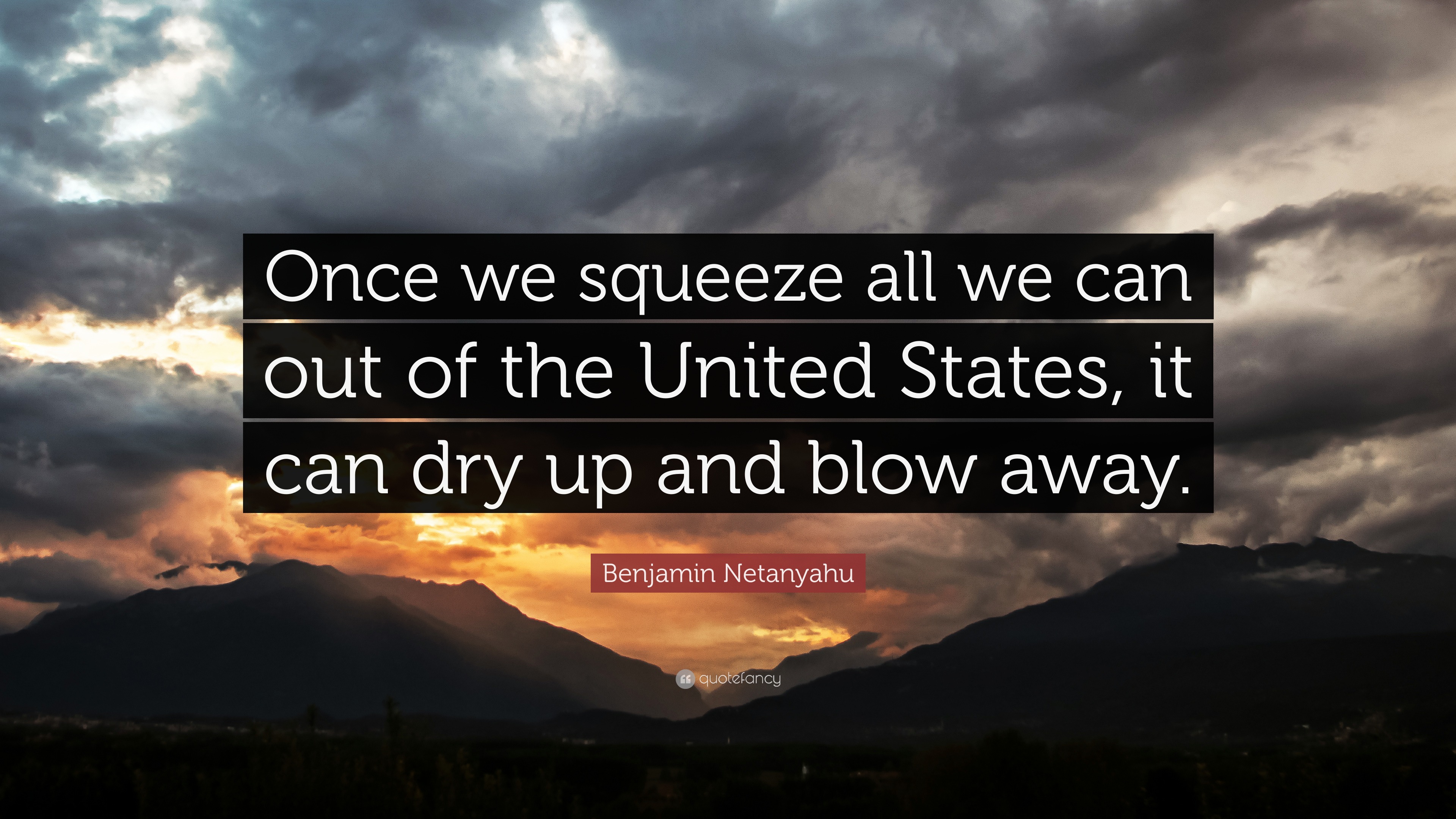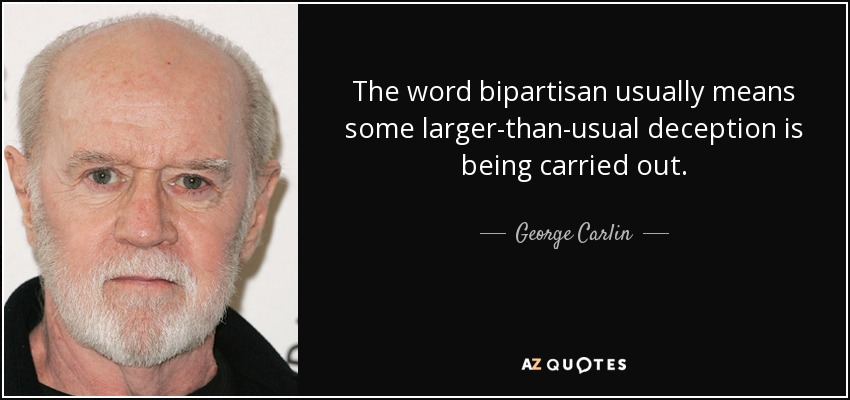Guest Post by Jim Kunstler
“Resentful childless harpies unconsciously longing for domination. Why else worship at the altar of Hamas? Why else would it be so overwhelmingly female?” — Dr. Jordan Peterson

Wasn’t it cute how the youngsters who “occupied” Columbia U’s Hamilton Hall — and were busy smashing things up inside — demanded restaurant-grade meals sent in to avert “starvation and dehydration” amongst their dauntless ranks? You could imagine a colossal mommy breast with three hundred nipples descending from the sky over upper Manhattan to nourish them back to action. “Feed me. . . !”

















